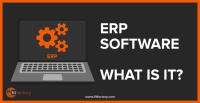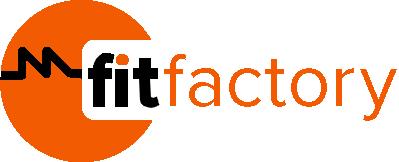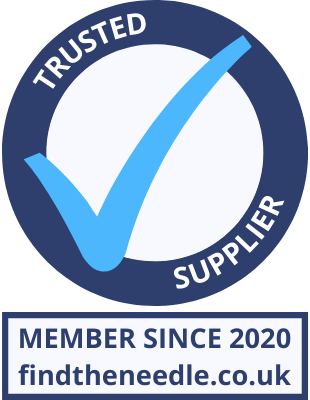 Add My Company
Add My Company
Sign In
ERP Software – What is it?
14-05-2020

What is ERP?
ERP stands for Enterprise Resource Planning, a simple Google search will tell you that, but what exactly does this mean? How does it apply to your business, and what are the benefits of using it?
At its simplest application, ERP describes a tool to manage your company information. This helps to organise, store and collect data for the benefit of your business.
ERP Systems – do they solve problems?
The standard method of managing company information, without an ERP system, is to juggle multiple software platforms such as CRM’s,accounting packages, spreadsheets and likely other systems to manage your warehouse. These services are great in principle, but using them in tandem with each other causes issues. They often don’t integrate well and the data is decentralised, leaving your staff struggling to keep a number of platforms updated which risks manual error. Not to mention that supporting this amount of software is time consuming and expensive.
Ideally, an efficient business will use one piece of software to manage all of their business processes. An ERP system achieves this goal by consolidating all the data from the various platforms into one centralised system, streamlining the flow of information.
Not only is this a lower cost solution, but it results in lower risk of manual error, leading to more accurate data being supplied. ERP systems essentially manage your entire business processes from production and stock to HR and accounting, with the focus being on centralisation and the provision of real time information.
Should you invest in an ERP System?
The answer to this question depends entirely on the current and future situations of your business. ERP systems do boast a wealth of benefits, consider the following:
An ERP system provides transparency to all departments of your business across multiple sites. Relevant data can be shared and accessed by anyone who needs to see it. This means that re-entering or exporting data is not necessary which increases productivity and results in less errors made.
Due to the real-time nature of an ERP system, any potential issues can be identified quickly to respond to them before they become any worse. On top of that, these systems allow you not only to react to problems, but to proactively prevent them. This also enables managers to make decisions in a more effective manner, by having up to date results of each business process at their fingertips.
Rather than trying to determine how your business is doing from multiple, potentially inaccurate sources, an ERP system allows you to view the collective facts taken from all the data within the software.
planning software
Whilst the advantages listed above certainly seem appealing, an ERP system cannot be said to suit all businesses.
The system is not ‘one size fits all.’ Each business’ processes and goals are different, and what you hope to achieve from it will likely not be the same as someone else. Too much customisation of the system can be time consuming and make it difficult to upgrade in the future. On the other hand, too little customisation may not effectively integrate with your business as much as is needed.
The Return on Investment (ROI) is fairly difficult to measure and may take years to become apparent.
ERP systems manage just about every aspect of a business from HR and accounting to purchasing and production. But maybe you don’t need a package to cover such a wide array of activities. You may only need to improve a few specific aspects, so there would be no need to implement such a large system to address a small number of issues.
Is ERP the only option?
Of course, if you’re accustomed to using multiple systems to manage your processes, you may find that an ERP system is an unnecessary change to make. In this case, it’s important for you to analyse what you want to achieve against the cost you are willing to spend. You may be satisfied with your processes as they are.
Alternatively, you may consider transitioning to a similar but less complicated system such as an MRP system, or Production Control System.
MRP stands for Material Requirements Planning and is a system designed to centralise and processes the purchases and schedules for parts required to build a product. These systems generally rely on a lot of manual input from users to obtain the necessary data.
Production Control systems predict, plan and schedule work to take place. They analyse the workforce, availability of materials and costs to meet required conditions in the most efficient manner and at greater efficiency. This software manages your business processes from quotation through to invoicing and streamlines everything involved in a production line without the extra, potentially unnecessary, features of ERP systems.
For more helpful articles and information, subscribe to our blog using the form below.
For more information on ERP Software – What is it? talk to Fitfactory Technology Ltd
Enquire Now
List your company on FindTheNeedle.

